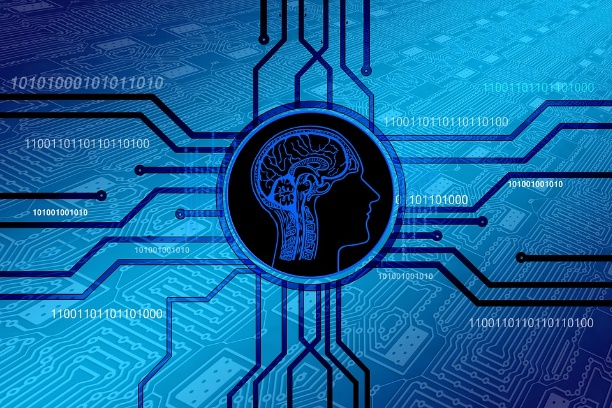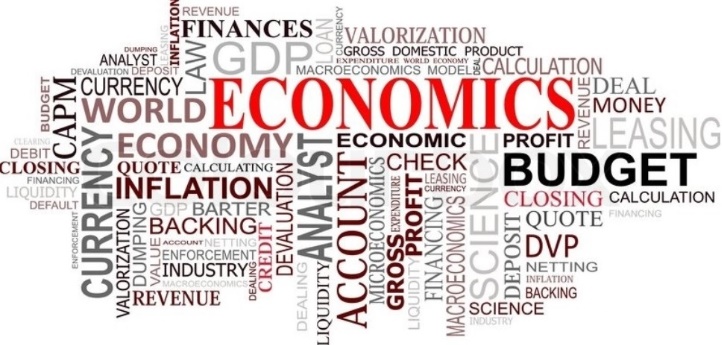
ScienceHunter 04.10.2019
Concerning the economic science problems

Technical education in the USSR/Russia is on the downward path from the moment when non-university graduates started to take up the positions on the scientific departments (mathematics, physics, chemistry, etc.) according to the canceled statutory provision. Even if the best graduates of technical universities are smarter and more talented than university graduates, they are nevertheless very different and can’t be considered better in education.
This difference is just that graduates of technical universities view the world with regard to the question How?, and not to the question Why?. Actually, the difference between technical universities and technical schools in this sense is in the fact that students saw people who described the world in terms of the question Why? at technical universities; and this fundamentally activated their creative and intellectual activity. Students are trained in a quality manner at technical schools, but they do not change the world as they only use the technology they have received. There is no other difference.
This transition took place in the 60s and 70s of the last century and was not fundamental as a very high-quality Soviet school education had already been formed in the USSR. And the reduction of people who saw the world with regard to the question Why? at technical universities did not play an essential role as the children were already familiar with this approach at schools, and those of them who had the appropriate skills could not lose them in the future. But the situation became critical with the school system destruction as there left critically few people who saw the world with regard to the question Why? in principle.
A similar situation has arisen even earlier in the world, so the overall level of “creativity” (I really don’t like this word, it’s completely not Russian; but the Russian does not have the proper form of the word “creativity”) has fallen dramatically in the world. Though it is still much higher than average in our country, mainly due to the people older than 35 years old and to their children who they teach independently. But in general, the problem still exists and needs to be solved.
But the main topic of this article has a slightly different emphasis. The fact is that I have done research in economics for the last 30 years of my life; and I have done research in theoretical economics for the last 20 years. And I clearly see that this science is increasingly falling into purely technological aspects. Let’s consider, for example, a university that claims to be a leader in economic science that is the Higher School of Economics. It is increasingly turning into a classical technical school where both teachers and students are engaged in improving tools and do not even think about the reasons why certain phenomena occur.
In a certain sense, I have long lost hope that modern “scientists” (I put quotation marks because, in my opinion, a scientist is someone who sees everything from the position of the question Why?, and not from the position of the question How?) would understand where and why these or those processes occurred. But things went even worse as they simply stopped considering processes that contradict or are beyond a single and previously approved picture of the world. And any attempt to rub their noses into the fact of obvious contradictions causes an extremely sharp and painful reaction.
This position is partly understandable. Since the major money in economic science came from financial speculators, and these financiers had the upper hand as the amount of this money was several times bigger than of all other sources. This situation is inconceivably banal: come up with schemes that permit to make money automatically. It means that we are sitting, and the money is coming! And this plan became far more often to be used than all the rest.
It would seem, the economists’ instinct of self-preservation should have worked, i.e. they had to create internal classical science “enclaves” where the reasons why certain economic processes were occurring would be discussed (in a manner as university graduates had done for technical universities for 100 years). And the representatives of these enclaves are the people who will be given the internal economic bonuses. Instead of this, the financial technologists dominance has led to the situation that there are no real scientists left.
In the best-case scenario, these are people whose activities would be identified as pseudo-economic simulation. That is, they take some mathematical models and give them some sense. This sense can’t be called a real economy, but these models may represent some specific elements. But they certainly can’t aspire to response for a question about the reasons why certain phenomena occur.
My conflicts with the scientific economic community are not so much concerned with the fact that I am not a liberal (that is, I do not represent the economic "mainstream" ideology), whereas many of this community representatives are not liberals too (although this information is out of the public eye). The problem is that we have a completely different view of the methodology, and this difference originates from education (I am a mathematician, after all) and is strongly supported by the real management experience. As I know for a fact that all mainstream formulas and recipes bear no relation to reality.
But the most important fact is that my sources of income bear no relation to the economic social circuit. Well, in general, they are not only independent of the sources related to the economic environment, but also they are not affected by the opinion of this environment. In other words, I am really independent of the modern economic scientific environment. This allows me to do the things that others can’t afford. For example, Oleg Grigoriev had independent sources, but the opinion of the society which surrounded him was fundamental for him (because he was from it, as well); and this fact had an extremely negative impact on his research quality.
In summary, I can say that any attempt to "utilize" science (and not only the economic science) will inevitably lead to its degradation. When it comes to economics, the main problem today is how to restore the institutions that should answer the question Why? and build new science on their basis.